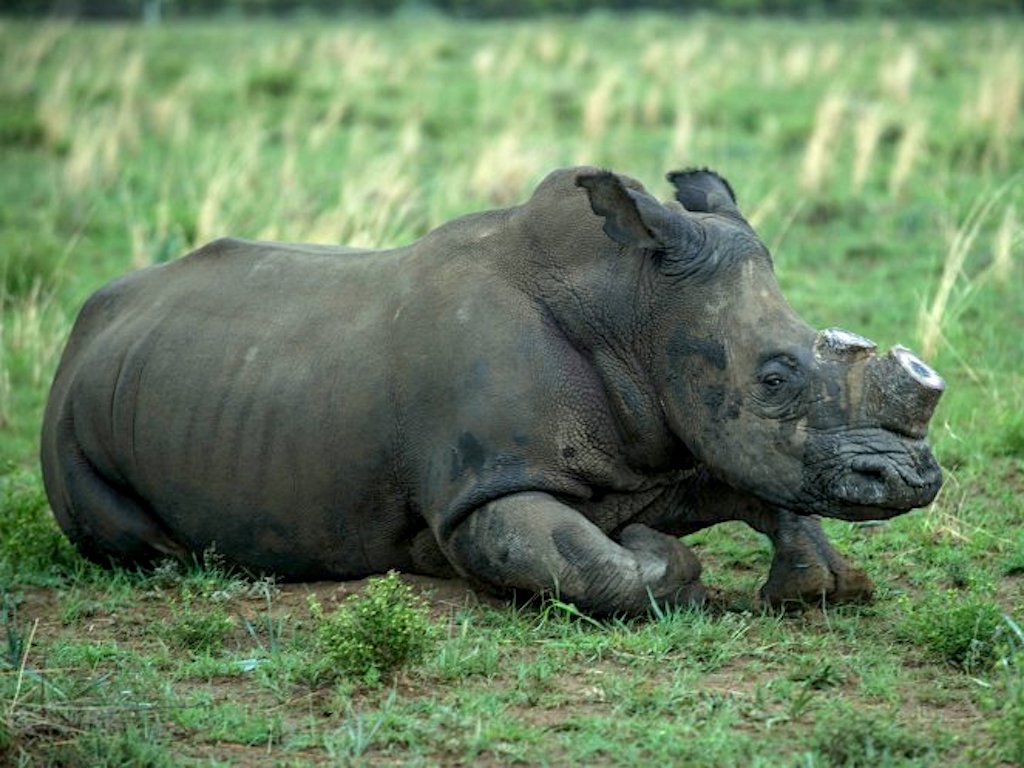3 Mins Read
Conservation work to protect some of the world’s vulnerable wildlife species and ecosystems are now facing an emergency situation as ecotourism comes to a standstill due to the coronavirus pandemic. Many wildlife organisations rely on funding from visitors for critical projects to safeguard endangered species and habitats, and are now on the brink of shuttering doors after widespread travel bans have pulled the plug on this crucial source of income. The news is particularly worrying as scientists reveal the link between humanity’s destruction of nature and disease pandemics and have warned that without a dramatic shift in our relationship with animals and the environment, the world will face more dangerous pandemics to come.
Coronavirus lockdowns, travel restrictions and border closures have led to the complete collapse of ecotourism, which is a vital source of funding for many conservation projects that work to protect some of the world’s wildlife species and rare habitats, particularly across Asia, Africa and South America.
According to experts in the field, this has pushed environmental, animal welfare and wildlife conservation organisations to the verge of having to terminate their activities, which they fear will lead to a dramatic surge in illegal poaching, fishing and deforestation, not to mention thousands of jobs in the sector at risk of being lost.
A recent report by the Wildlife Justice Commission detailed that while the illegal wildlife trade has undergone severe disruption due to the restrictions of movement as a result of the pandemic, the hunting of rhinos and big cats has continued. With ecotourism grinded to a halt, cutting off a crucial source of income for wildlife protection groups, conservationists fear that illegal poaching activities may explode if they are forced to furlough or dismiss thousands of rangers and surveillance programs.
There have already been a number of alarming cases in the past weeks as poachers continue to feel increasingly emboldened by the lack of tourism to safaris and sanctuaries.
In March, at least 6 black rhinos – a critically endangered species – were killed by poachers in Botswana, and government workers are now racing to evacuate the few remaining black rhinos in the northwestern Okavango Delta. In Cambodia, 3 giant ibis – also critically endangered – were killed for meat in early April after local tourism became non-existent, reported the Wildlife Conservation Society. In Colombia, Panthera, an organisation devoted to preserving big cat populations, has reported that 2 jaguars, an ocelot and puma have already been killed in recent weeks.
“While elephant poaching may not escalate owing to the current suppression of international travel and negative sentiments against animal products in Southeast Asia, demand for bushmeat will go up if there is nobody to monitor activities within the conservancies,” said Mike Barrett, executive director of science and conservation at WWF UK in conversation with the Guardian.
Another conservationist, Dr. Fanny Douvere, the marine programme coordinator at UNESCO, also warned of the consequences of ecotourism collapsing on the marine ecosystem protection projects in the Great Barrier Reef, the Galápagos Islands and the West Norwegian Fjords. “As soon as tourism revenues fall apart, a lot of sites cannot continue their conservation, or at least part of it,” she said.
The news is especially alarming as scientists have warned in recent weeks that humanity must reset its relationship with nature and wild animals in order to prevent even more dangerous pandemic outbreaks. In late April, the world’s top wildlife and biodiversity experts said that deadlier diseases are to come if we don’t halt the destruction of nature and wildlife, rampant deforestation, unsustainable urbanisation and industrial animal farming – the combination of which has created a “perfect storm” for pandemics.
Their comments followed remarks made by renowned anthropologist, animal activist and primatologist Jane Goodall, who in a recent video message urged the world to reflect on their relationship with nature and wild animals in order to prevent future crises. Pope Francis mirrored the message in an interview prior to the Easter holiday, saying that the pandemic represented one of “nature’s responses” to humans ignoring ecological and climate catastrophes in the past decades.
Read our earlier news coverage of Covid-19 here and more news on animal rights here.
Lead image courtesy of Mujahid Safodien / AFP / Getty Images.




